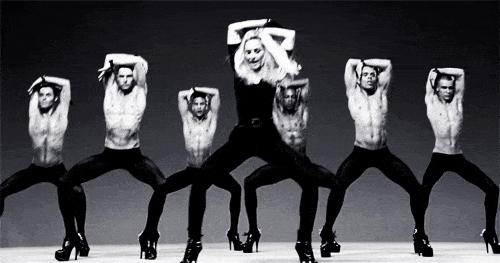“Ballroom” and the fight for LGBTQIA+ rights are highlights of the Black Fair this Monday, 29

Este artigo também está disponível em:
![]() Português
Português
With the theme ‘There is a black future and it cannot be built alone’, the 2021 edition of the Black Fair Festival is being held in partnership with Facebook. With national and international attractions, including concerts, workshops, shows, artistic interventions and panels, the event takes place until December 10 and also features thousands of products from entrepreneurs across the country that will be for sale in the marketplaces of partners and the Black Fair.



This Monday, November 29th, the Festival’s schedule brings two live – and free – events in partnership with the British Council: the first, at 7 pm, a conversation about night and activism, where Preto Teo mediates Preto Teo mediates the conversation with Flip Couto (Coletivo Amem) and Nadine Ahmad (Pxssy Palace Platform – UK) about the current night life and its importance as a scenario in the fight for the rights of LGBTQIA+. Later, at 9 pm, an artistic dialogue also between Pxssy Palace Platform (United Kingdom) and Coletivo Amem (Brazil) on DJind, dance and visuals in a ballroom by the LGBTQIA+ communities.



Service
Black Fair Festival 2021 – There is a black future and it cannot be built alone
Date: from November 20th to December 10th
Format: online – Via Black Fair social media – @feirapretaoficial
Tickets: Free
Programming: festivalfeirapreta.com.br
‘Ball Culture’
Ball is a competition from the underground LGBT+ scene in the United States, which consists of performances in nightclubs, often performed by drag queens, of different types and goals. It started in Harlem at least 5 decades ago and today there are ballrooms in more than 15 cities across the United States, mostly on the northeast coast (New York, Newark, Jersey City, Philadelphia, Baltimore and Washington).



Among the competition modalities, there is one where candidates “walk” as if they were on a runaway and another where there is a “voguing” performance. Trophies are often shaped like balls (“balls” in English); hence the name. Some trophies are almost 4 meters high.
The majority of ball participants belong to groups known as houses. The houses are led by “mothers” and “fathers”, providing guidance and support for the “children” in their houses. Houses that win many trophies are given the title of “legendary“. Among the most famous are House of Ninja (founded by Willi Ninja), House of Aviance (founded by Madre Juan Aviance), Xtravaganza (founded by Hector ‘Xtravaganza’ Valle), Infiniti, Mizrahi, LaBeija (founded by Crystal LaBeija), House of Dupree (founded by Paris Dupree), House of Amazon (founded by Leoimy Maldonado), and House of Mugler. Typically, house members adopt their group’s name as their last name.



The criteria judged are: performance skills (voguing), costumes and attitude. Participants dress according to the category they are competing in to represent the appropriate universe. Balls are influenced by fashion and hip hop music. Competitions can last up to ten hours, with dozens of categories in one night.
House ball culture was first captured in Jennie Livingston’s documentary Paris is Burning (1990).
Join our community of 15+ million guys
Find guys looking for the same thing with SCRUFF Match. Volunteer to be a SCRUFF Venture Ambassador to help out guys visiting your home city. Search an up-to-date agenda of the top parties, prides, festivals and events. Upgrade your game with SCRUFF Pro and unlock 30+ advanced features. Download SCRUFF here.







